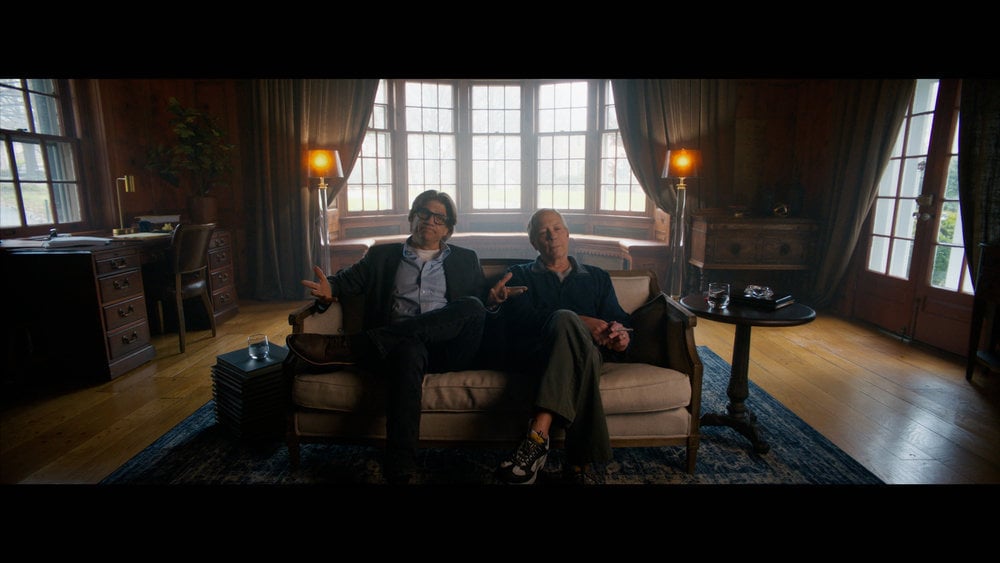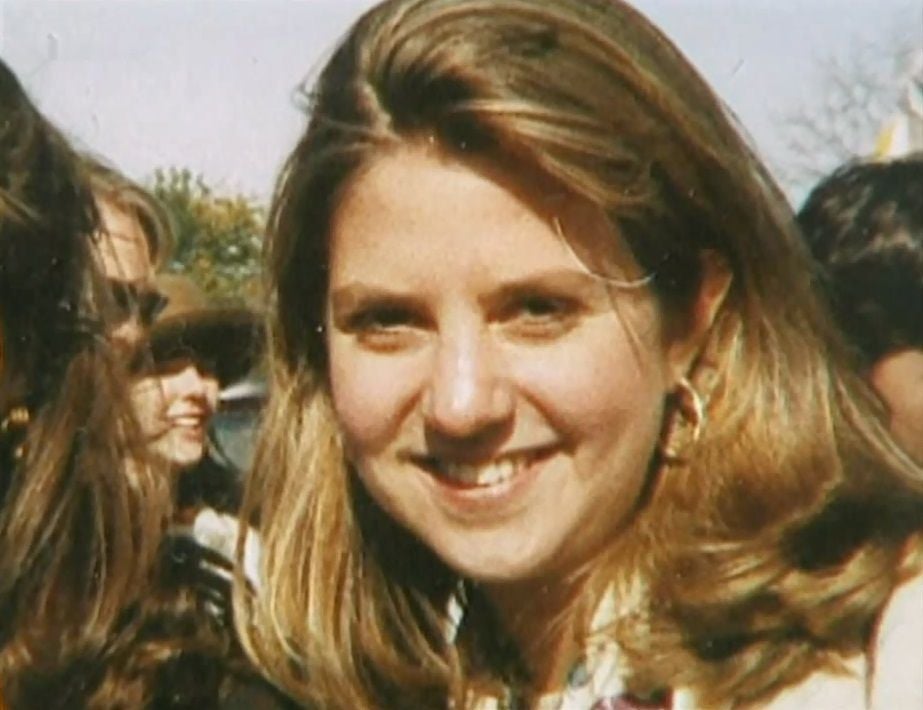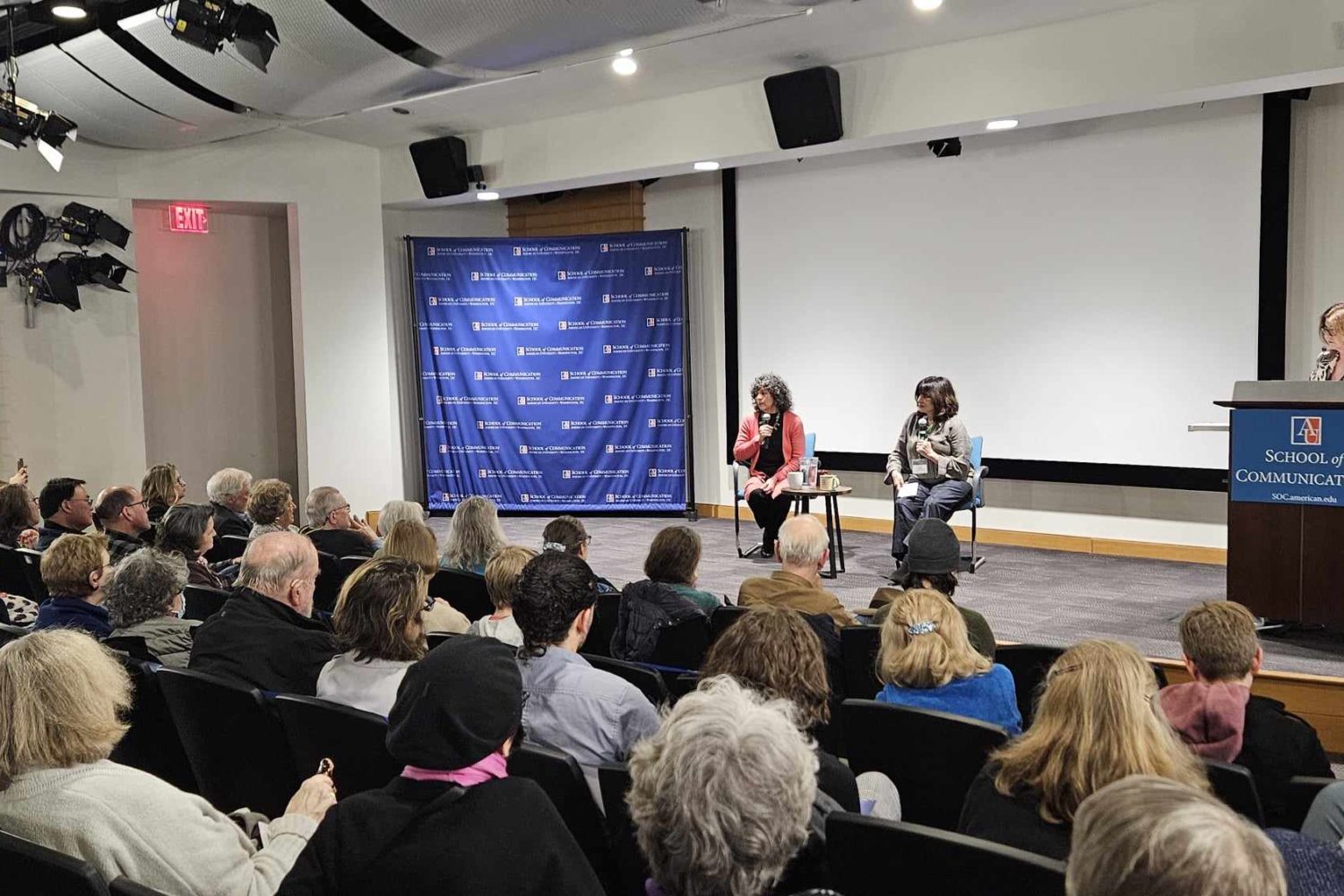The first voice you hear at the beginning of the new Peacock documentary Who Killed Robert Wone? belongs to Craig Brownstein: “I’ve always likened this murder to a jigsaw puzzle, but you don’t know how many pieces there are,” he says. Brownstein isn’t a cop or a lawyer, and he had no connections to Wone’s baffling murder in 2006 other than living a few blocks away from the house on Swann Street, Northwest, where his body was found.
[su_youtube url=“https://www.youtube.com/watch?v=cR6yXsqBzsM”]
Two years after Wone was killed, though, Brownstein and his future husband, Doug Johnson, and their friends David Greer and Michael Kremin discussed the charging document in the case over dinner at Nam-Viet in Arlington. Greer had read it and “was kind of like bursting,” Brownstein says. “You read that original charging document and it still just absolutely sizzles.” The group decided to start a blog about the case that became a must-follow resource for anyone following its bizarre story. “We were four gay guys of a certain age,” Brownstein says. “Four gay boomers. And it reflected who were were and what we did.”
The story of Wone’s death is worth reading at length, but here’s a brief: In August 2006, Wone stayed over at a house on Swann Street occupied at the time by his friends Joe Price, Victor Zaborsky, and Dylan Ward, rather than make his way back to the home he shared with his wife in Oakton. Near midnight, a 911 dispatcher received a call that Wone had been stabbed. Paramedics found Wone’s body on a pull-out sofa looking as if he’d been “showered, redressed, and placed in the bed.” Price and his roommates told police they believed an intruder had somehow gotten into the house and never spoke publicly after that. They were charged with obstruction of justice and acquitted in 2010; they settled a wrongful death suit filed by Wone’s wife, Katherine Wone, in 2011. To this date no one has been charged with Wone’s murder.
“The story is wildly perplexing and maddening,” says Jared P. Scott, who directed the new documentary. “The mystery around Robert’s death is a puzzle, and only four people know what happened in those 79 minutes from the time Robert arrived to the time the 911 call was placed—one of them was tragically murdered, and the other three aren’t talking.”
Brownstein says he and his crew intended their blog to serve as a “clearinghouse” while they learned the vagaries of the criminal-justice system. They posted court documents, learned legal terms of art, and attended status hearings. He and Johnson had both worked at C-SPAN and decided they’d bring that organization’s legendarily even-handed DNA to their publication, trying to become a “neutral observer” of the case. (He allows that they “would sometimes be a little cheeky.”) A commenting community grew, many of them lawyers whom Brownstein calls the group’s “legal beagles”—people who’d help them understand what was happening as the wheels of the justice system turned ever-so-slowly.
“Covering a criminal trial at the time was like doing a blog about a bowl of wax fruit,” Brownstein says. “Nothing ever changes.” But the audience grew, and the bloggers even corralled other media outlets into opposing a gag order proposed by the defense.
Kremin died in 2018, and Scott got in touch with the remaining bloggers in 2021. By the time they sat down for an interview, though, they numbered only two, because Johnson passed away early last year. Brownstein says that’s why he smokes cigs onscreen: “I went back to some of my bad habits” after his husband’s death, he says, noting that he’s since re-kicked smoking. The experience was “kind of bittersweet,” he says, because “there were two empty seats on that set. Two guys who should have been interviewed.”
Scott wasn’t able to speak to the Swann Street housemates. “We never expected them to participate,” he says. Instead, the production leaned on interviews with people like NBC News/MSNBC legal analyst Glenn Kirschner, the lead prosecutor on the obstruction of justice case the government made against Price, Zaborsky, and Ward, and defense attorney Bernie Grimm, as well as others who covered the case like the Washington Blade‘s Lou Chibbaro Jr. and Harry Jaffe, who covered the case for Washingtonian. “We knew we wanted our storytelling voice to be a collective one—a chorus,” Scott says.
You’d have heard by now if this documentary solved the case, but Scott says that was never the goal. “My key driver is that someone comes forward that saw something or knows something about that night,” he tells Washingtonian in an e-mail. “The murder of Robert Wone is still unsolved—and our hope is that by Peacock streaming this story to a large general audience, that perhaps we can be the catalyst for some new information to come to light, and get one step closer to closure for Robert’s family and friends, and ultimately, justice for Robert.”
Who Killed Robert Wone? is currently streaming on Peacock.



















